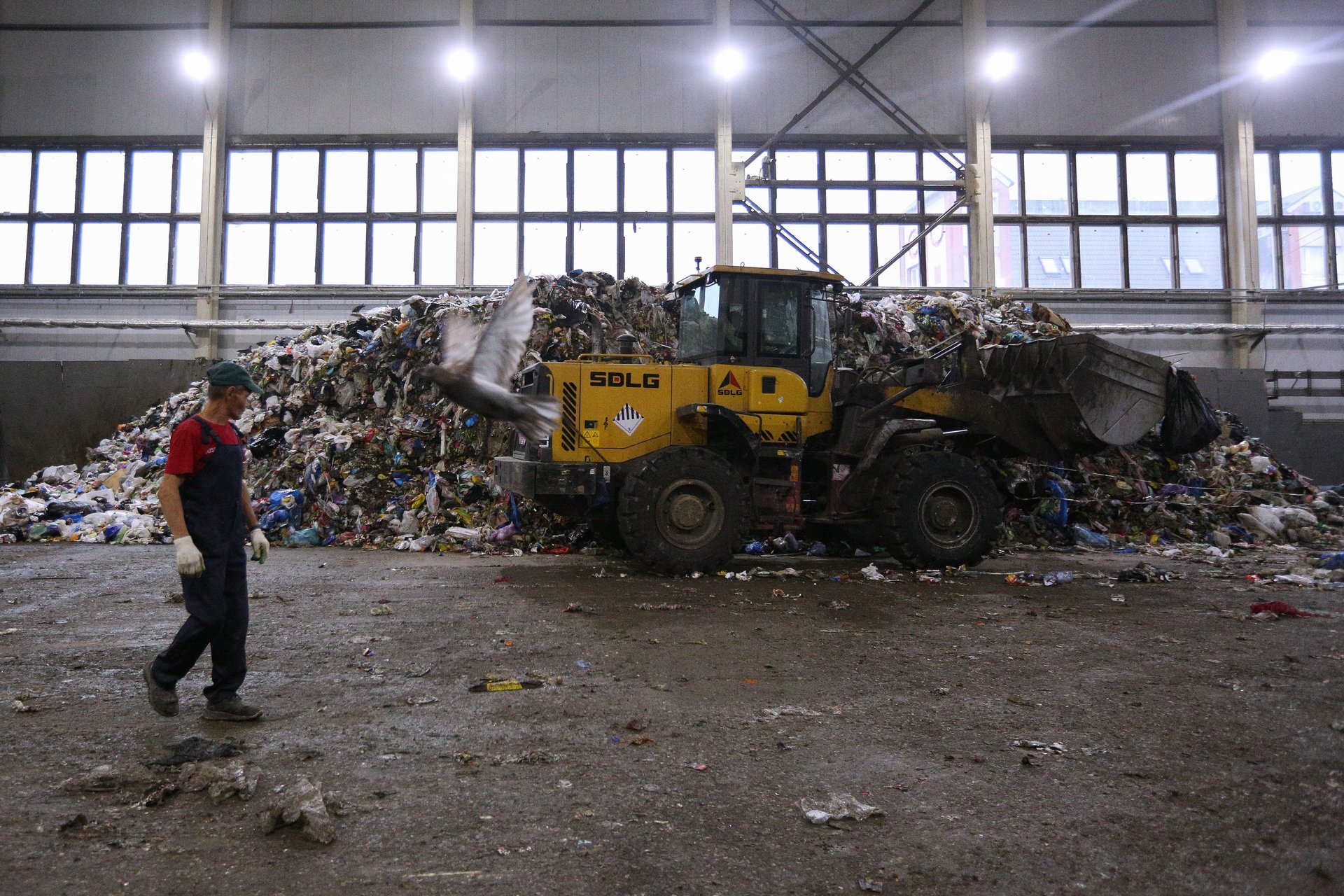In Russia, the use of non-recyclable products, including colored plastic, disposable tableware, and cotton swabs, may be prohibited at the legislative level.
This was announced by Deputy Prime Minister Victoria Abramchenko at the IX Nevsky International Environmental Forum.
“We are preparing amendments to the legislation prohibiting the use of non-recyclable and hard-to-recover materials.
Such as colored plastic, plastic straws, cotton swabs and disposable plastic dishes, ”Abramchenko said, adding that the authorities do not expect price increases due to the ban.
She expects that the results of the reform in the legislation will become noticeable in 2024, and by 2030, about 100 thousand new jobs should appear in the country due to the development of a closed-cycle industry, which provides for the processing of goods after the end of their service life.
In March, Abramchenko at the "Clean Country" forum already announced that the Russian government was considering the possibility of banning non-recyclable plastic.
According to her, by 2030 it is planned to achieve the extraction of 50% of secondary material resources from the entire mass of waste.
In addition, the head of the Ministry of Natural Resources Alexander Kozlov noted that at the moment 94% of the garbage is sent to landfills.
In this regard, a list of plastic goods and packaging is being prepared that cannot be recycled in order to further impose a ban on their production.
“Banning plastic is part of this big strategy to ensure that not only the waste that is produced is recycled, but also that new waste does not appear.
Our task is that, through this ban on the use of plastic,
less waste gets
there (to landfills -
RT
), sorted and recycled, thereby not generating new waste, "TASS quotes him as saying.
Sorting and shipment of plastic recyclable materials
AGN "Moscow"
© Kirill Zykov
The day before, Denis Butsaev, General Director of the Russian Environmental Operator (REO), during his speech at the NMEC, indicated that 60 million tons of solid waste are generated in Russia per year, of which 20 million tons are sorted, two-thirds of which are returned in sorted form back to the landfill.
"On the one hand, we have achieved the achievement of federal and national projects in the field of waste management, and on the other hand, the failure to achieve the essential goals of the entire national project" Ecology ", according to which we not only had to increase waste processing, but also reduce their disposal" , - quoted him by the TV channel RBC.
At the same time, in an interview with RIA Novosti, he stressed that Russia is already ready
to use the federal waste management scheme, within which all interested departments can check the required reporting.
“At the moment, almost all regional operators, with the exception of just a few, use this system and enter their data.
The introduction of this system will significantly improve the reporting situation.
Now there will be no need to provide it in paper form or send data somewhere - everything is entered into the system, and colleagues who work with it can check the correctness of the entered data in the current time mode, ”explained Butsaev.
"The initiative is welcome"
Alexander Klykanov, a member of the State Duma Committee on Ecology and Environmental Protection, welcomed the development of a legislative initiative to abandon non-recyclable plastic products, but noted the presence of various nuances that would require elaboration.
“As a trend, this can only be welcomed, but you and I must understand that a huge part of our economy depends on it - a really huge one.
On the other hand, we realize that all this needs to be covered - plastic bags, bottles, and so on.
When they bring it in, we will look, we are ready for this, ”the interlocutor of RT explained.
Kirill Cherkasov, Deputy Chairman of the State Duma Committee on Ecology and Environmental Protection, in turn, expressed confidence that members of the lower house of parliament would support the initiative prohibiting the use of non-recyclable products when it is submitted for consideration: “It meets the requirements that society imposes on so that the materials used as packaging or products are safe for people and for nature. "
"Plastic should be as small as possible"
Director of the All-Russian Institute of Nature, Candidate of Biological Sciences, Honored Ecologist of the Russian Federation, Andrei Peshkov, in a conversation with RT, noted the need to abandon plastic products and switch to the production of similar products from starch, paper, waste cardboard and biodegradable plastic.
“The damage is irreversible, given the amount of non-recyclable and difficult-to-recycle plastic that enters the market uncontrollably.
And the measures that are being taken - yes, I think it's high time.
Maybe they should be somewhat more systemic, including stimulating alternative industries, and not just bans, ”he said.
The head of the regional group of public monitoring on ecology and forest protection of the ONF, ecologist Anton Khlynov, noted the importance of initiatives to limit the use of plastic. He noted that during the pandemic, the amount of waste associated with disposable tableware and other non-recyclable materials increased by 10-20%.
“Of course, there should be as little plastic as possible, we should strive to get rid of it in various ways. Although plastic is an integral part of our life, the main thing is to make it so that it can be separated in order to extract useful fractions from it easily, ”he said. - While in the world there are two main ways of disposal of the so-called "tailings" (those wastes that are not recycled - in our country this is about half of what we throw in the trash) - this is either burial of waste in special landfills, or incineration ... Unfortunately, neither method is sustainable. "

